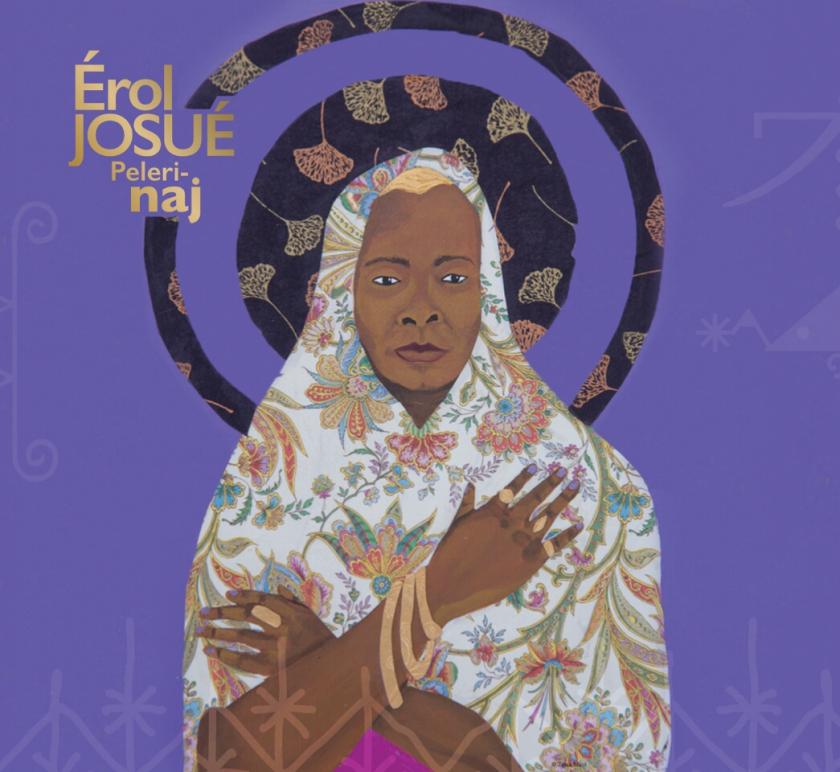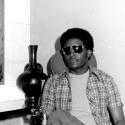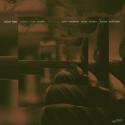I first saw Erol Josue on stage in Essaouria, Morocco, during the Gnawa Festival of 2011, when he fronted Jazz-Racine Haiti. The Haitian-born voudou priest turned R&B singer struck me as one of the most flamboyant frontmen ever to hit a stage.
He cut a striking figure – half-cat, half Little Richard, all ordained prelate of the Voudou religion, into which he embarked on a long initiation into its priesthood before emigrating to Paris, and later to America, where he refashioned himself as an R&B singer in Florida before relocating to Brooklyn, New York, where he released his debut, Regleman, and forged his "electro-voudou" club sound.
Since returning to Haiti, and becoming director of the National Bureau of Ethnology there, he has made an album dedicated to and evocative of Haitian Voudou. Pèlerinaj (Pilgrimage) was recorded in New York, Paris, Miami and Haiti, and is a majestic and fully absorbing set.
Josue sings in French and Haitian Creole, the 18 tracks of his first release in 16 years encompassing voodoo deities, with illuminating sleeve notes from Josue giving context to each piece.
We meet the queen of the night ("Rén Sobo"), the female sun deity ("Ati Sole") and the blessed voodoo Virgin ("Palave Maria"). The music is rich and varied, ranging from funk, jazz and rock to electronic , but embedded throughout with sacred chants and rhythms, and the choir of the National Theatre of Haiti, their voices with an extraordinary, otherworldly tidal pull.
On the opening piece, “Badji”, their voices sound like the surging seas between Haiti and Benin, the source of Haiti’s Voudou pantheon and its people, have been raised up and given voice, Josue’s powerful vocal calls and chants soaring over the surface and diving in to join them.
The following “JE Suis Grand Neg” is shape-shifting funk while “Erzulie” – dedicated to the goddess of love and beauty – is a boudoir blues that sounds long practised in the arts of seduction, before breaking out halfway through in a rash of sleazy rock guitar and a greasy, grinding riff you might have heard coming out of a Hamburg brothel at the fag-end of the Seventies. It’s fantastic.
The album’s fusions between Voudou chants and Josue’s elastic, impassioned vocal performances encompass piano balladry, jazz, as well as funk and touches of electro – more synthesised than fused, the chorale swaying and surging about the instrumentation. There’s not one song here that doesn’t have its own sense of mission.
Closing with a "secret" 18th track of pure chant, recorded at the very end of a Voudou ceremony with the Haitian Choeur Neges Fla Vodoun, you feel you’ve had some doors opened, and heard some of the spirits and gods of Voudun, crossing continents and the burly Atlantic, revealing themselves in Josue’s musical essence.















Add comment